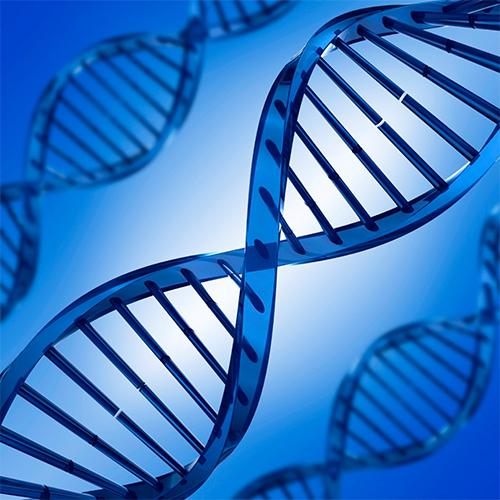Scientists discover genes that could potentially cause autism in children

According to studies published in the medical journal, Nature, on Oct. 29, scientists found dozens of new genes that could potentially cause autism. Nature reported scientists’ findings of 14,000 deoxyribonucleic acid samples from autistic children, their parents and other unrelated individuals. These new studies have pinpointed the exact nature of the genetic mutations that lay at the root of this disorder.
Scientists have recently identified approximately 70 genes that have more than 90% chance of increasing a child’s risk of being born with autism. Since environmental factors may play a role in obtaining autism, scientists have focused on what occurs in the brain as well. According to scientists, the genes seem to be clustering around three sets of key biological functions. The sets are accountable for communications between nerves, the creation of genetic instructions and for DNA packaging within cells. These functions could have a negative affect on people, which would cause the usual traits that are associated with autism. These new genes are thought to be essential to the critical brain processes affecting formations of neural connections and of nerve networks.
“This makes sense because typical development of brain cells require intricate co-ordination among thousands of genes and appropriate communication between cells to ensure development of the brain, the most complicated organ in the human body,” said Dr. Kathryn Roeder, a researcher from Carnegie Mellon University in Pittsburgh, to The Inquisitor.
Some of the genes studied were not passed down by the parent, but were developed in the egg or in the sperm immediately after conception. This type of genetic research has previously only been used to treat different types of disorders and diseases, but never a psychiatric disorder such as autism. Scientists theorize that by getting into the genetic foundation of disorders, there may be a possibility that they will be able to provide personalized treatments for an individual’s unique gene set.
“The more this is studied, the more we’ll be able to say what the biological causes are” said Dr. Matthew state, chairman of the Department of Psychiatry at the University of California, San Francisco, and co-author of both studies, to the NY Daily News.
In the future, researchers and scientists hope to acquire more information regarding the causes of autism. They believe these genes have created numerous possibilities for autism prevention and hope to advance in their research regarding autism and create a future full of promising discoveries.
Your donation will support the student journalists of Calabasas High School. Your contribution will allow us to purchase equipment and cover our annual website hosting costs.






